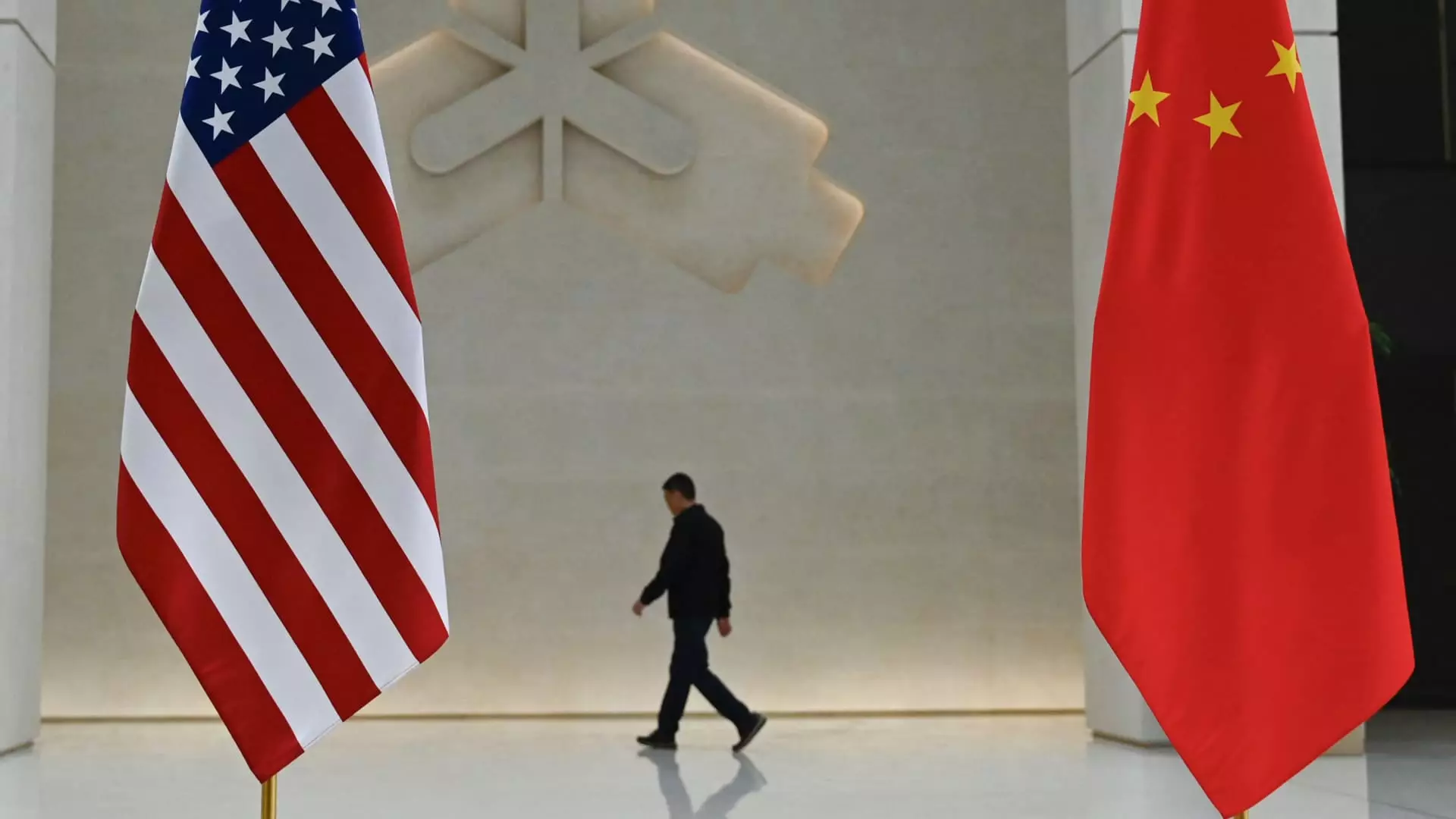The Deputy Secretary of State, Kurt Campbell, recently mentioned that the U.S. is contemplating easing advisories against American citizens traveling to China. The concerns raised include issues regarding barriers to exchanges between individuals from both countries. Communication channels between Washington and Beijing have somewhat normalized after a period of heightened tensions. However, the ongoing support of China for Russia’s actions in Ukraine poses a threat to stabilizing ties between the two nations.
The State Department has been periodically issuing travel warnings for Americans considering visiting China. These advisories typically urge travelers to rethink their trips or to exercise increased caution due to the risks associated with arbitrary enforcement of local laws, exit bans, and wrongful detentions. Despite these warnings, the presidents of both countries have been working towards reestablishing people-to-people exchanges as a fundamental element in managing the escalating geopolitical rivalry.
When asked about potentially easing the travel advisories, Deputy Secretary Campbell acknowledged that it is an active consideration. He recognized that these warnings may have hindered academic and other forms of exchanges between the two nations. China has also issued its own travel warnings for U.S. travelers and criticized what they perceive to be escalating harassment of Chinese nationals at U.S. ports of entry. This exchange of warnings highlights the complexity and sensitivity of U.S.-China relations.
The United States has expressed concerns over China’s support for Russia’s war efforts in Ukraine. Deputy Secretary Campbell has directly communicated to China that continued support for Russia could significantly impact the U.S.-China relationship. He emphasized that any territorial gains by Russia in Ukraine would disrupt the balance of power in Europe and would not be acceptable to the United States. Furthermore, Campbell warned that China’s involvement in supporting Russia’s actions could have broader implications, potentially involving North Korea as well.
Another noteworthy point mentioned by Deputy Secretary Campbell is the influx of Chinese migrants to the U.S. due to challenging economic conditions in China. He suggested that potentially “hundreds of thousands” of Chinese migrants have arrived in the U.S. in recent months. Despite this significant migration trend, Beijing does not appear to be taking active steps to address or reduce this flow. Campbell expressed growing concerns about the magnitude of this migration trend and the implications it may have on various aspects of society.
The ongoing developments in U.S.-China relations present a complex and dynamic landscape. The considerations around travel advisories, geopolitical tensions, and migration patterns all contribute to the intricate nature of the relationship between these two global powers. It is essential for policymakers and stakeholders in both countries to navigate these challenges thoughtfully and constructively to foster mutual understanding and cooperation.

Leave a Reply